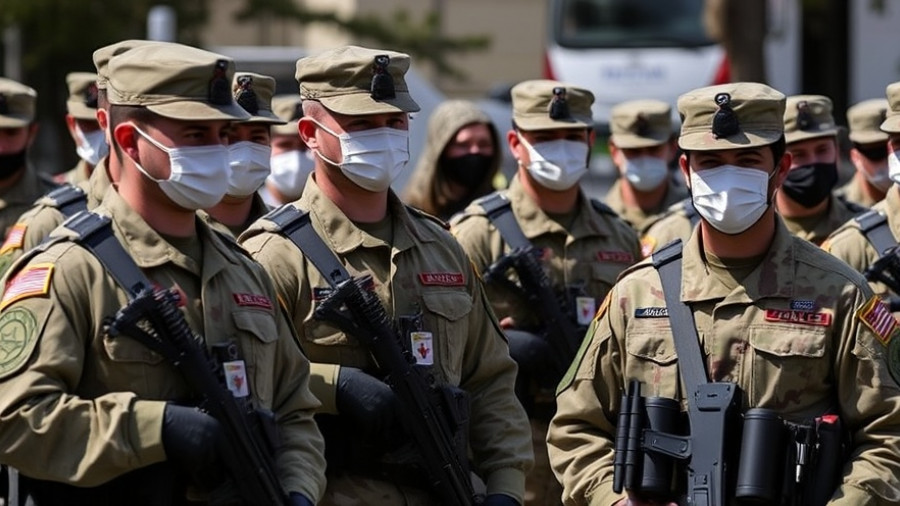
POTUS Dares to Deploy: San Francisco’s Safeguard Dilemma
As tensions mount over President Trump's intention to send National Guard troops to San Francisco, local officials vehemently reject the notion, highlighting a decrease in crime and insisting that the city is safer than ever. This fierce opposition comes amidst revelations of a recent appellate court ruling which may indicate the federal government’s legal hurdles in orchestrating such deployments.
Understanding the Insurrection Act
The Insurrection Act, dating back to 1807, provides a legal framework under which the President can deploy military forces domestically. However, specific conditions must be met before this extraordinary measure can be invoked. San Francisco leaders, including District Attorney Brooke Jenkins, emphasize that the city's current state does not warrant such military intervention. Jenkins warned that utilizing the Insurrection Act would represent a perilous abuse of power, effectively undermining the city's governance.
Local Voices Against Federal Overreach
Local leaders are unyielding in their stance, with City Attorney David Chiu asserting, "San Francisco is the safest it has been in decades." They argue that Trump's political moves to deploy troops are part of a broader strategy to provoke and distract rather than respond to actual threats. Congressman Jimmy Panetta categorized the potential troop deployment as an act of political theater rather than a genuine effort to maintain safety.
Crime Rates in Focus
Mayor Daniel Lurie has openly celebrated the city's falling crime rates, claiming they are at their lowest in generations. Homicides are reportedly at a 70-year low, asserting that local law enforcement is effectively managing public safety without federal military aid. This context adds significant weight to local opposition against deploying troops.
The Political Landscape: National and Local Implications
As San Francisco continues to position itself as a beacon of progressive values and effective governance, the political landscape is evolving rapidly. The President's threats of military deployment could exacerbate existing tensions between federal and state authority. The local government's assertions of safety challenge the administration's narrative and paint a different picture than what national discourse suggests.
In conclusion, as the country stands on the brink of further division, the leadership of San Francisco remains firm in its response to Trump's proposals, prioritizing local governance and community welfare. The ongoing developments will undoubtedly shape the discourse around safety, governance, and civil rights in modern America.
 Add Row
Add Row  Add
Add 



Write A Comment